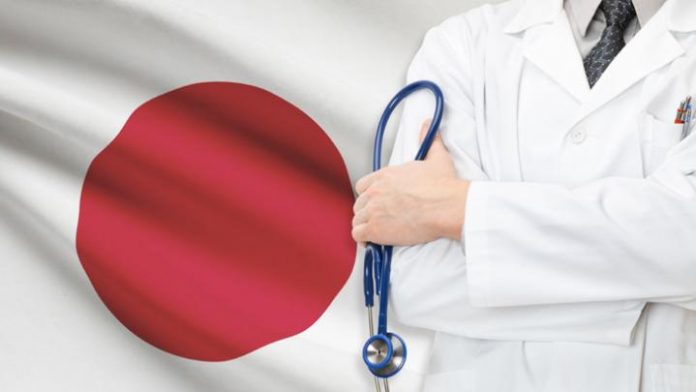The latest OECD Review of Health Care Quality is on Japan. This reviews the quality of health care in Japan, and seeks to highlight best practices, and provides a series of targeted assessments and recommendations for further improvements to quality of care.
One of Japan’s foremost policy challenges is to create an economically active ageing society. Excellent health care will be central to achieving this. A striking feature of the Japanese health system is its openness and flexibility. In general, clinics and hospitals can provide whatever services they consider appropriate, doctors can credential themselves in any speciality and patients can access any doctor without referral.
These arrangements have the advantage of accessibility and responsiveness. Such light-touch governance and abundant flexibility may not best meet the health care needs of a super-ageing society. Japan needs to shift to a more structured health system, separating out more clearly different health care functions (primary care, acute care and long-term care,) to ensure that peoples’ needs can be met by the most appropriate service, in a coordinated manner if needed.








 ©2024 All rights reserved LaingBuisson
©2024 All rights reserved LaingBuisson 


